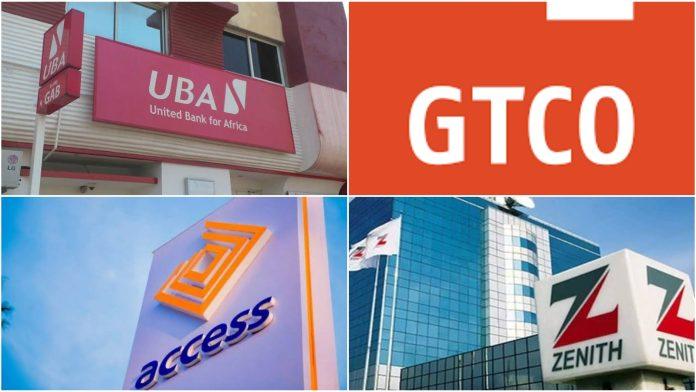A total of N186 billion ($244 million) from the recent initial public offerings of three significant Nigerian banks—GTCO, Access Holdings, and Fidelity Bank—will be used to improve their IT infrastructure.
They are taking this action as part of their plan to meet the new recapitalization standards set by the Central Bank of Nigeria (CBN). In response to the rise in electronic transactions and the rising number of online fraud cases in Nigeria, the banks have disclosed intentions in their prospectuses to fortify their cybersecurity frameworks and obtain new software licenses.
Big Spenders in Tech
- Leading the group is GTCO Plc, which plans to use N98.5 billion ($129 million), or 26.6% of its anticipated N400.5 billion ($526 million), in proceeds from its public offering for technological advancements.
- 20% of Access Holdings’ projected proceeds of N343 billion ($451 million), or N68.6 billion ($90 million), will go toward IT infrastructure.
- Fidelity Bank is committing to similar projects, with an emphasis on improved cybersecurity solutions, data analytics, and cloud services, with 20% of its N95 billion ($125 million) in revenues.
Investment Breakdown
According to GTCO’s comprehensive plans, it will invest N70 billion ($92 million) in its main banking application and N15 billion ($20 million) in fraud prevention and information security software.
An additional N6 billion ($8 million) will be set aside for the modernization of digital channels like the internet and mobile banking, and N7.5 billion ($10 million) for business management software.
It is anticipated that these renovations will be finished in 12 to 24 months.
Access Holdings plans to invest N27.4 billion ($36 million) in cybersecurity over a 36-month period and N41.1 billion ($54 million), or 12% of the revenues from the offer, in network infrastructure.
Fidelity Bank’s allocation includes N9 billion ($12 million) for cybersecurity, N7.6 billion ($10 million) for software licenses and hardware, and N2.3 billion ($3 million) for network infrastructure, with a projected completion timeline of 48 months.













